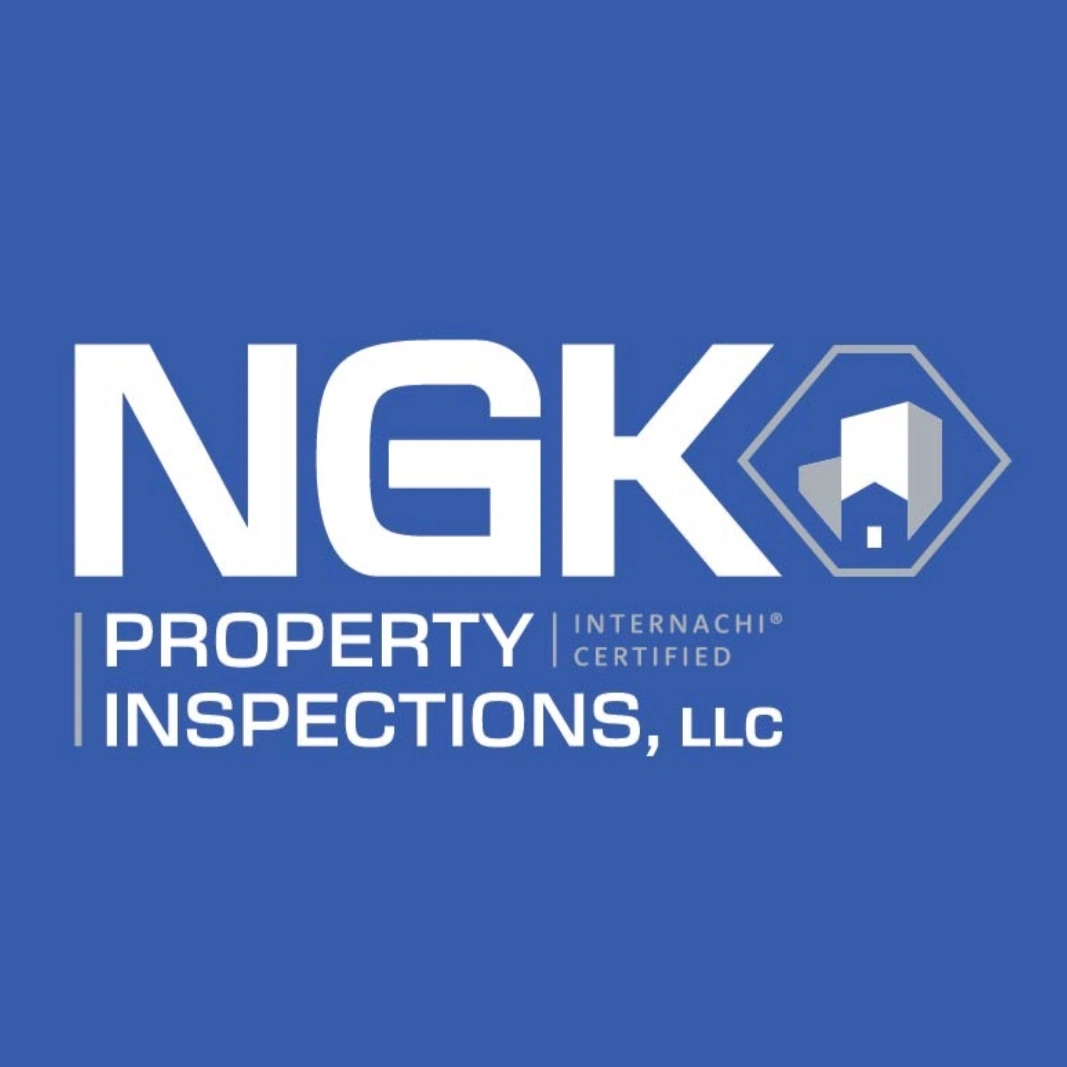Don't Skip Your Annual Check-Up: A Home Inspector's Plea for Proactive Maintenance
- NGK Property Inspections

- Aug 4, 2025
- 3 min read

As a home inspector, I've seen it all. From brand-new builds with hidden plumbing issues to older homes defying gravity, every property tells a story. And while many of those stories are filled with happy memories and comfortable living, far too many also involve preventable headaches, costly repairs, and even safety hazards – all stemming from a lack of regular, professional attention.
This isn't about the pre-purchase inspection, though that's undoubtedly crucial. This is about the annual home maintenance inspection, a vital but often overlooked step in responsible homeownership. Think of it like your annual physical. You might feel perfectly fine, but a doctor can often spot early warning signs that you wouldn't – and that early detection can save you a lot of pain and expense down the road.
Why Annual Inspections Aren't Just a Good Idea, They're Essential:
From my vantage point, crawling through attics and peering into crawl spaces, here's why I implore every homeowner to prioritize an annual maintenance inspection:
Catching Small Problems Before They Become Big Disasters: This is perhaps the most significant benefit. A tiny roof leak, left unaddressed, can lead to widespread water damage, mold growth, and compromised structural integrity. A minor electrical issue could escalate into a fire hazard. We're trained to spot these subtle indicators – a faint water stain, a loose wire, a hairline crack – that might be easily missed by an untrained eye. Addressing them early is almost always significantly cheaper and less disruptive than tackling the aftermath of a full-blown failure.
Protecting Your Investment: Your home is likely your largest asset. Just as you'd service your car regularly to maintain its value and performance, your home needs similar care. Neglecting maintenance can lead to accelerated deterioration, decreasing your home's curb appeal and market value. An annual inspection helps preserve the longevity and value of your property.
Ensuring Safety for Your Loved Ones: This is paramount. Faulty wiring, compromised foundations, carbon monoxide leaks from a malfunctioning furnace – these are serious risks that can jeopardize the health and safety of your family. A thorough inspection includes checking critical safety systems, giving you peace of mind.
Uncovering Hidden Issues You Didn't Know Existed: Many critical home components are out of sight and out of mind. Your attic, crawl space, and the inner workings of your HVAC system aren't areas you likely frequent. As inspectors, we delve into these often-forgotten zones, identifying potential problems that could be silently brewing. Think about it – when was the last time you climbed into your attic to check for proper ventilation or signs of pest intrusion?
Preventative Maintenance Guidance: Beyond just identifying issues, a good home inspector will also offer recommendations for preventative maintenance. We can advise you on best practices for extending the life of your systems, improving energy efficiency, and reducing future repair costs. This might include suggestions for gutter cleaning, sealing drafts, or proper landscaping to direct water away from your foundation.
Budgeting for Future Repairs: An inspection report can also serve as a valuable tool for financial planning. If we identify a system that's nearing the end of its life, like an aging water heater or an older HVAC unit, you'll have advanced notice to budget for its eventual replacement, rather than being hit with an unexpected, emergency expense.
What Does an Annual Maintenance Inspection Entail?
While not as exhaustive as a pre-purchase inspection (which is designed to be comprehensive for a buyer), an annual maintenance inspection typically focuses on key areas and systems, including:
Roofing: Looking for damaged shingles, flashing issues, proper drainage.
Exterior: Checking siding, trim, windows, doors, and foundation for cracks or deterioration.
Foundation & Structure: Assessing for signs of settlement, moisture intrusion, or structural concerns.
Attic: Inspecting insulation, ventilation, and signs of leaks or pests.
Plumbing: Checking for leaks, proper drainage, and water heater function.
Electrical: Examining visible wiring, outlets, and the electrical panel for safety and function.
HVAC: Assessing the visible components of your heating and cooling systems.
Interior: Looking for signs of moisture, cracks, or other general wear and tear.
My Final Advice:
Don't wait for a drip to become a flood or a flickering light to become a fire. Be proactive. Invest in an annual home maintenance inspection. It's not an expense; it's an investment in the safety, longevity, and value of your most important asset. A little foresight can save you a lot of money, stress, and potential heartbreak down the road. After all, a healthy home is a happy home.




Comments